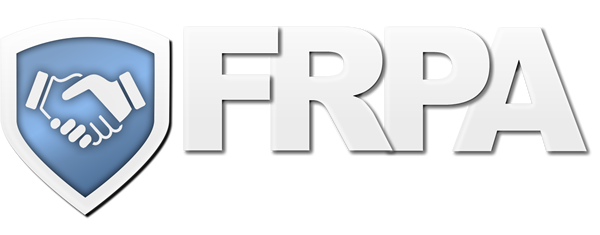This alert may not be shared outside your organization, Do Not Repost or send, place on other websites, List servers, or send to others via email, including other associations or parties. Members and Law enforcement use only. Contact us for any permissions. To do otherwise will result in the loss of membership.
Complete Story
02/17/2020
Fraud alerts & credit freezes: What’s the difference?
Federal Trade Commission
Looking for ways to protect your identity? Two to options to consider are fraud alerts and credit freezes. But what’s the difference?
A fraud alert makes companies verify your identity before granting new credit in your name. Usually, that means calling you to check if you’re really trying to open a new account. Placing a fraud alert is easy – you contact any one of the three nationwide credit reporting agencies (Equifax, Experian, TransUnion) and that one must notify the other two. A fraud alert is free and lasts one year.
A credit freeze limits access to your credit report so no one, including you, can open new accounts until the freeze is lifted. To be fully protected, you must place a freeze with each of the three credit reporting agencies. You’ll usually get a PIN or password to use each time you place or lift the freeze. A credit freeze is free and lasts until you lift it.
Alerts
The FRPA alert system distinguishes us from other groups by gathering and providing information to law enforcement, retailers AND financial institutions.
more informationResources
Your electronic library to help in fighting financial fraud for all of our partners.
more information
